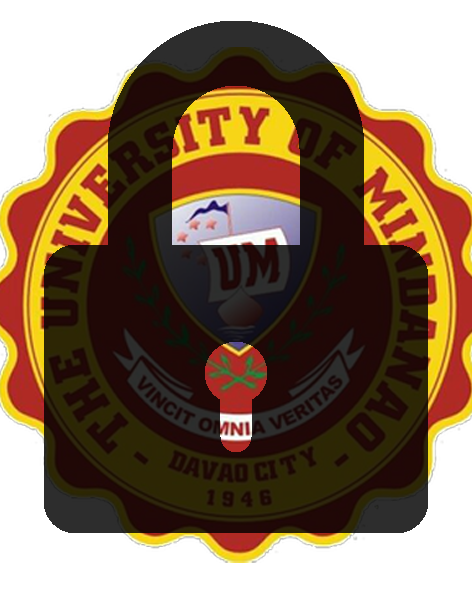Wash to win: unveiling the implementation of wash in schools (WINS) program through the lens of San Antonio Elementary teachers

View/
Date
2024-05Author
Cabanas, Darica Syrill
Mirafuentes, El John
Ibot, Jhanna Mae
Comidoy, Ric Glenn
Keywords
Citation Tool
Metadata
Show full item recordAbstract
This research explored the lived experiences of elementary school teachers regarding the Water, Sanitation, and Hygiene (WASH) in Schools (WINS) program. Employing a qualitative phenomenological approach purposive sampling technique, the study conducted in-depth interviews with five (5) elementary school teachers from San Antonio Elementary School in Babak District, Island Garden City of Samal, Davao del Norte, Philippines. The data analysis involved using Taguette software and thematic analysis to extract meaningful insights from the teachers' positive experiences with WASH issues including the school's compliance efforts and enhancing learners' well-being. Negative experiences involve water insufficiency and poor WASH practices, affecting learners and teachers. Barriers to successful WASH implementation are challenges with the WINS program, learning gaps, and inadequate facilities. Teachers cope using techniques, strict classroom management, stakeholder support, and facility improvements. Critical insights for successful WINS implementation highlight the importance of stakeholder roles and alignment with the school's vision and values. These findings have significant implications for integrating the WINS program in schools, influencing practices, policies, and the overall school environment. Future researchers can conduct various studies regarding the WASH field.
Collections
- Undergrad Theses [192]
